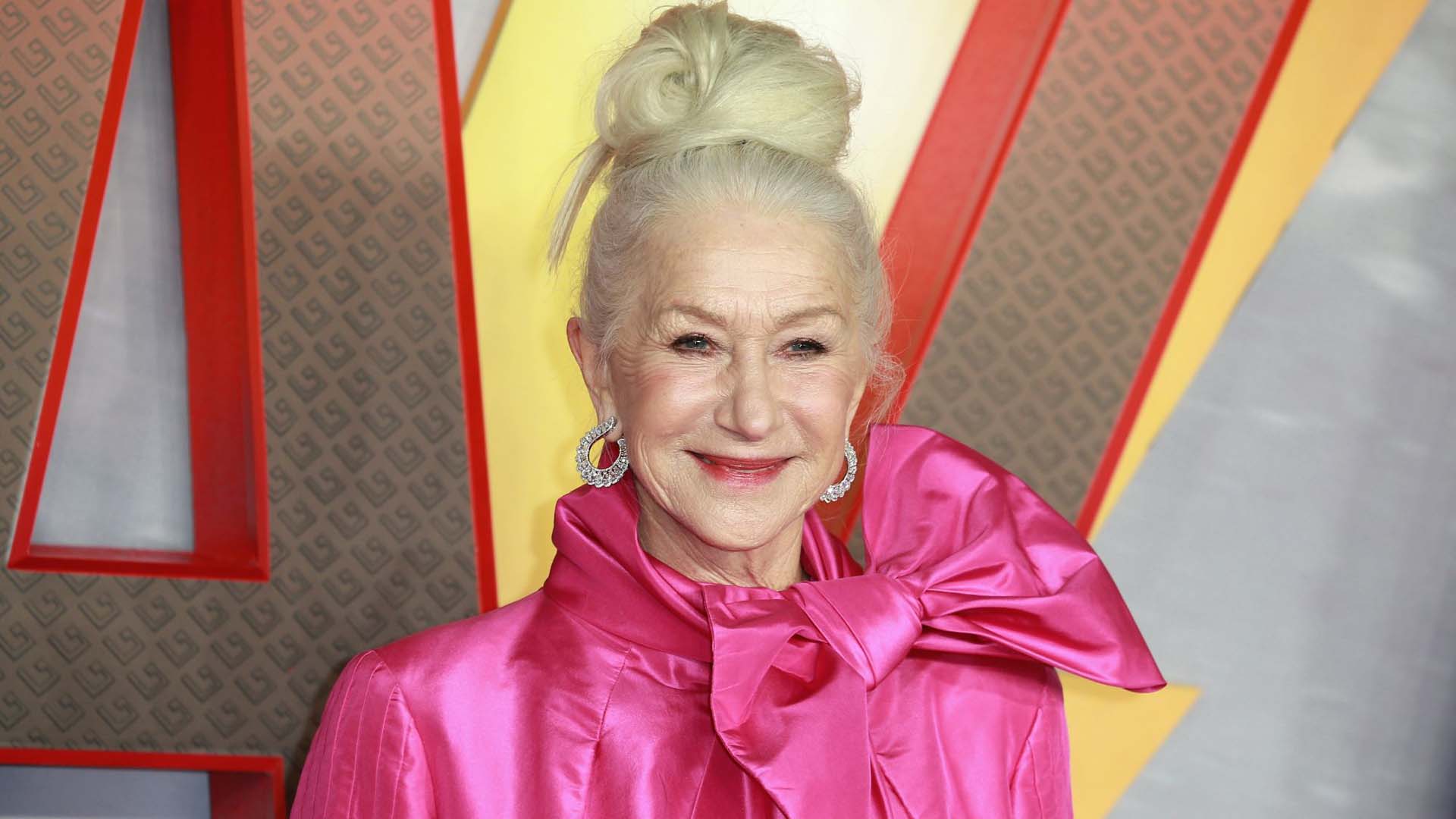The Merchant of Venice 1936 review: "So riveting, it's impossible to look away"
A bold reimagining of this problematic Shakespearean play that works brilliantly, says our reviewer.

A bold reimagining of this problematic Shakespearean play that works brilliantly, says our reviewer.


How do you solve a problematic Shakespeare play like The Merchant of Venice? A passion project for its leading lady Tracy-Ann Oberman, The Merchant of Venice 1936 answers that question with a clever and prescient re-contexualising of a story about antisemitism.
This version is set in the East End of London in the titular year, as Oswald Mosley's fascist Blackshirts are on the rise, and directed by Brigid Larmour (with Oberman on associate directing duties) it's a bold reimagining that works brilliantly.
Paired down to just two hours including an interval, it's a flab-free production that cuts to the heart of a story in which moneylender Shylock is neither a villain, nor a hero, but a complicated mix of both. That's largely down to Oberman, the first female to play the role professionally.

Her Shylock is a single mother who will do whatever it takes to survive.
She is spat at and demonised for her heritage and religion, but she keeps her anger on a simmer and when she gives her "Hath a Jew not eyes" speech it's not only a call for acceptance, it's also in bafflement at having to plead her case at all simply because of who and what she is.
The Merchant of Venice is classed as a comedy and there's some levity here, such as in heiress Portia's wooing by a succession of suitors that's like something by Oscar Wilde. But there's darkness too, such as when Shylock mercilessly demands her pound of flesh from merchant Antonio (played with creepy suavity by Joseph Millson) as an act of vengeance when he is unable to repay a debt.
There's a coda dramatising the battle of Cable Street, when Mosley's mob clashed with trade unionists, communists and British Jews, where Oberman breaks character and the fourth wall to tell us what happened that day and how her grandmother was among those who stood up to the thugs.
It's unnecessary and heavy-handed, but like everything about her performance it's deeply heartfelt.

Scholars have argued for hundreds of years over whether or not the play is itself as antisemitic as the characters in it who frequently use the word "Jew" with casual disdain. Oberman, who is Jewish herself, has stated in interview that it's a difficult work which, in its vilification of Shylock as a stereotypical and avaricious figure, is indeed antisemitic.
She feels that that is precisely why it should be seen, not cancelled. In a time when bigotry and hatred continue to rear their ugly heads, we need to look and learn, not ignore.
The Merchant of Venice 1936 is so riveting, it's impossible to look away.
It's on at Trafalgar Theatre, London until 25 January and tours the UK from 4 February.
Saga has teamed up with London Theatre Direct to offer you tickets at the best prices.
Simon Button is a London-based journalist specialising in film, music, TV and theatre.
View author page
The actor bids farewell to Downton and looks forward to his starring role in a new West End show.

The actor and comedian on his new comedy, rejecting a traditional bucket list and the secret to his 40-year marriage.

The TV chef talks happiness-boosting recipes and secrets for keeping the blues at bay.

The UK’s bestselling contemporary poet talks about finding huge success in later life and why Christmas is her lifeline.

The award-winning actress and Strictly star opens up to Jenni Murray on Saga’s new podcast, Experience is Everything.

The national treasure’s love of green spaces shines through in her new gardening book.

